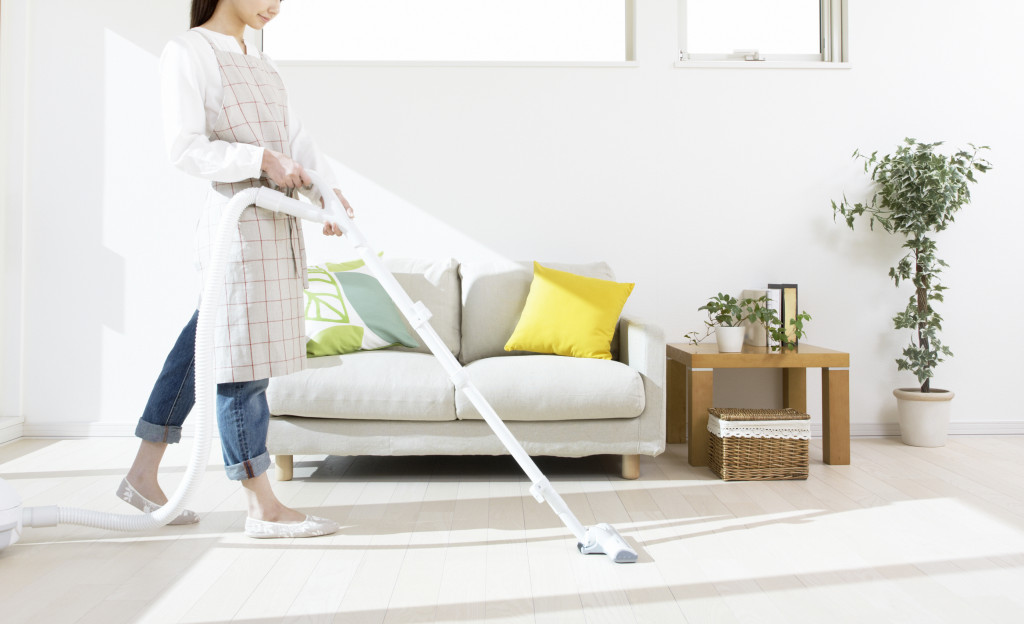So, you’ve made the decision to move to a bigger home. Whether your family has outgrown your current place or just want some extra space, it’s better to be prepared for any changes your move will bring, especially when managing your household. This is important, especially if you have many children. This might be an exciting time for your family, but it’s also when things can get overwhelming quickly. Here are some tips on what to expect when moving to a bigger home:
Preparing Your Finances
Aiming for a bigger home means you’ll likely need a bigger mortgage. Before you start your home search in earnest, it’s vital to get your financial ducks in a row. That means getting pre-approved for a mortgage and understanding what you can afford. The earlier you get pre-approved, the sooner you can start house hunting. That’s why you should apply for home loans that offer various options to help you finance your dream home. Likewise, having good credit can increase your chances and significantly open up your options because you may have more room for negotiation on things like mortgage terms and rates if your credit is good.
Increased Size Means Increased Consumption
A larger home comes with increased responsibility in terms of water and energy consumption. Make sure everyone in the family knows how to conserve these resources, or else you may see a jump in your bills. For water saving, you can advise them to take shorter showers, turn off the faucet while brushing their teeth, and only run the dishwasher or washing machine when they are full. Meanwhile, for energy saving, you can tell them to use natural light as much as possible during the daytime and to unplug any devices or appliances that aren’t being used. But if you want to save further, consider installing eco-friendly home features, such as solar panels, water catchment systems, and double-paned windows.
More Rooms Means More Cleaning
A larger home means more space for every member to call their own. If you have a hobby you used to do in a corner, moving into a bigger house can give you an entire room to set up for it. This will help you pursue your passions without feeling cramped because of space. However, more rooms in the house also mean having more rooms to clean. You might need to invest in additional cleaning supplies, like a second vacuum cleaner or an extra mop and bucket. You can make things easier by designating specific cleaning tasks for each family member based on age and capability. For example, small children can be in charge of dusting while older kids can help with vacuuming or washing floors. Assigning specific tasks will not only make cleaning less of a chore but will also teach your children the importance of pitching in and helping around the house.

Bigger Outdoor Living Space
Your new home might have a backyard, which is excellent news if you have kids or pets. You can have more room for outdoor activities, like setting up a pool, trampoline, or swing set. You can also consider installing a fence if you don’t have one yet. Not only will this ensure the security of your kids and pets, but it will also give you some much-needed privacy. But with a backyard comes additional maintenance responsibilities, like mowing the lawn, trimming the hedges, and weed control. You might need to invest in new tools and equipment like lawnmowers, edgers, and fertilizer spreaders. Or, you can hire a professional landscaping company to do all the work for you.
Maintaining Security
With a larger home comes additional windows and door locks that need to be checked for security purposes. It’s important to have a system in place for checking whether all the entrances and exits are locked securely. You might want to consider installing security cameras or alarm systems to give you peace of mind that your home and family are safe. Additionally, with a larger property, you’ll have more area to cover when keeping an eye on things. You’ll need to be more vigilant regarding suspicious activity or trespassers. Make sure you have a conversation with your family about what to do in case of an emergency situation. For example, you should have an emergency exit plan and a designated safe room where everyone can go in case of a break-in or fire.
A lot goes into moving homes, especially when relocating to a larger property. However, the entire experience can be much smoother by being prepared for what lies ahead. This will ensure you and your family can enjoy your new home to the fullest.

